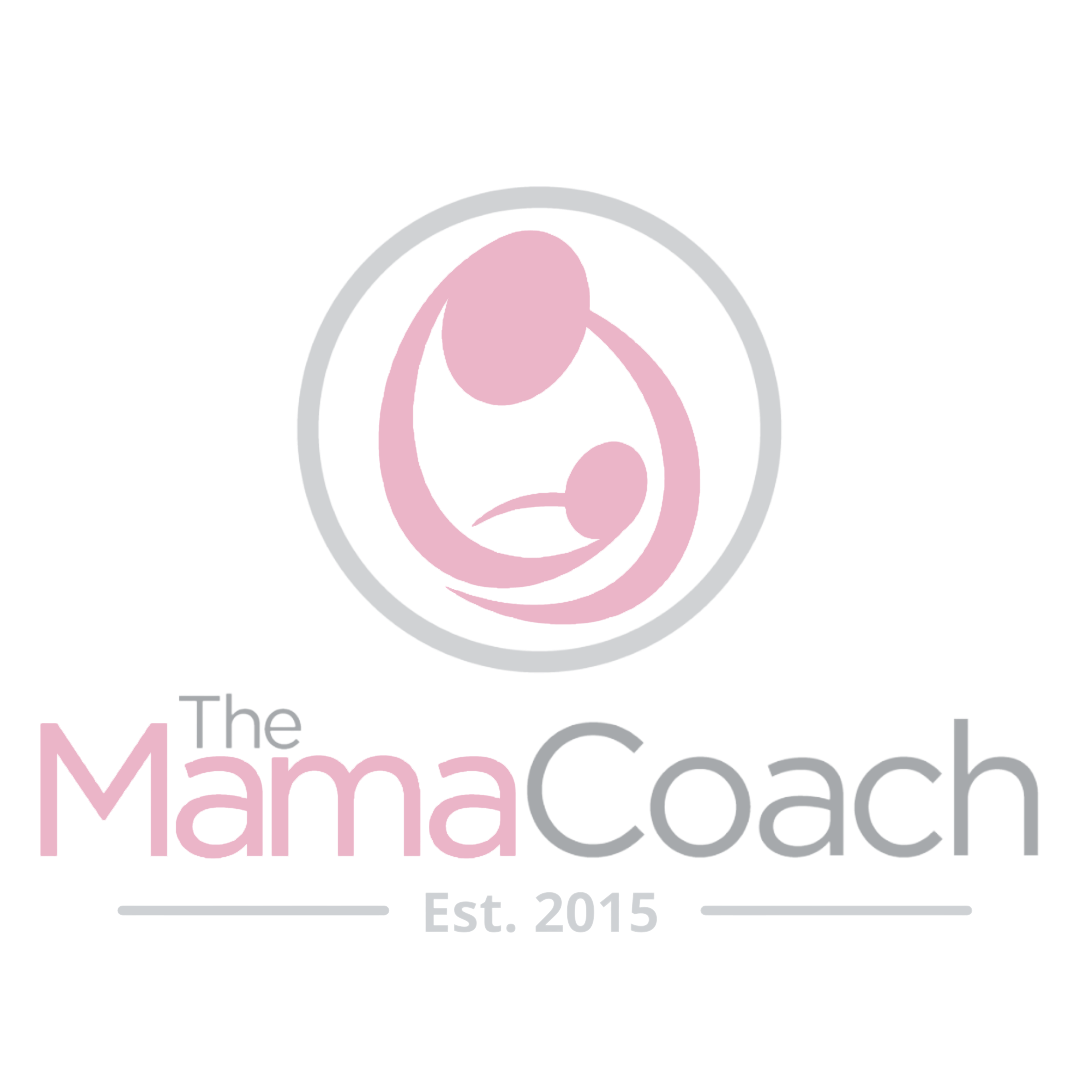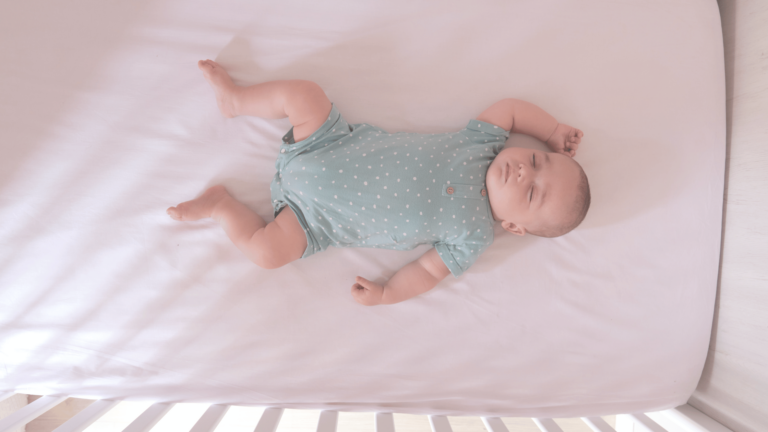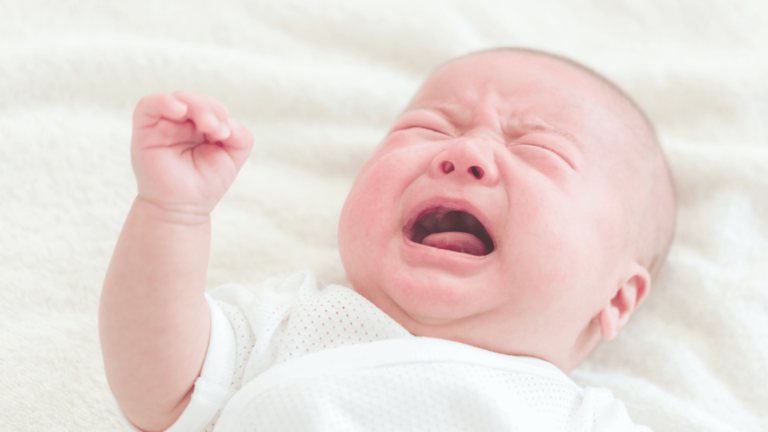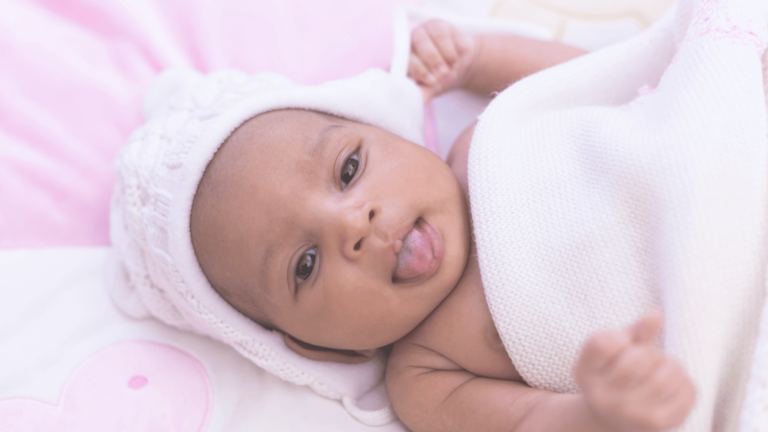If you have ever had a baby who struggles with sleep, then you understand the feeling of finally getting them to sleep independently. It can feel like a huge undertaking initially but it is so rewarding once they are sleeping through the night and going down well for naps. What a big accomplishment! However, although it may seem that everything is going well, be prepared for surprises. Your baby may be napping beautifully, going into their crib perfectly, and sleeping through until…… 5 am. Early wakeups! They are no fun. Just when you think you have managed to get your baby on a great schedule you are plagued by a baby who wants to start their day before the sun comes up. Let’s talk about why this may be happening.
Sleep Cycles
Everyone has a sleep cycle. A sleep cycle is an oscillation of different stages of sleep that a person goes through until waking in the morning. A newborn will experience two stages. These stages are referred to as active and quiet sleep. A sleep cycle for a newborn can last around 50 minutes. As a child gets older their sleep stages evolve and usually around 4-6 months of age an infant will start to experience four stages of sleep. An infant’s sleep cycle will remain around 50 minutes, lengthening to around 90-110 minutes by school age. This is the approximate length of an adult sleep cycle.
STAGE 1: Non-REM
-
- The wake-to-sleep transition (looks like drowsiness!)
- 30 seconds to 5 minutes in length
- Babies may jerk (this is the equivalent to the feeling of falling we sometimes experience as adults when trying to fall asleep)
STAGE 2: Non-REM
-
- The initiation of true sleep. In this stage, you can hear things around you but are less likely to wake from them
- 5-25 minutes in length
STAGE 3: Non-REM
-
- Deep stage of sleep
- Respirations may decrease and become slower
- 30-45 minutes in length
STAGE 4: REM sleep
- Phasic eye movements: eyes may twitch or move back and forth
- The brain is working the hardest during this stage
- Some babies will cry out during this stage.
Early Wakeups and Why They Happen
An adult sleep cycle and an infant sleep cycle look a bit different, however, babies and children alike enter into a REM-like stage of sleep more often during the last third of the night. REM stands for “Rapid Eye Movement”. Most of our dreams happen during this stage of sleep. Most importantly for infants, it is during this stage of sleep that learning and memory consolidation happens. At this stage, babies can appear as though they are awake. They may cry out or move their arms. This stage of sleep is more wavelike. After 5 am your baby is likely in REM sleep. As parents, we hear the noises and cries that we associate with a baby waking up around 5-5:30 am. Naturally, we go to our baby assuming this is your baby waking for the day. We feed them and they are then up for the day. This can quickly become habitual for an infant and how we end up with consistent early wakeups.
How to Curb the Early Wakeups
During REM sleep we want to avoid waking our babies as this reduces their time in REM sleep and will make your baby more tired throughout the day. Usually, if roused, they will spend their naps in REM sleep causing short naps. Additionally, consistently waking your baby during REM sleep will cause them to wake, daily at this time. As a Mama Coach, we usually suggest, depending on your baby’s age, if your baby requires a feed during the night, to do so before 5 am. Try timing your feeds so they happen between 12 am-5 am. If you hear your baby start to rouse after 5 am, try to stay out of their room. Allow them the opportunity to go back to sleep on their own, unless frantic, as REM may sound as if they are awake.
If you are struggling with early wakeups and you feel like you’ve tried everything, reach out to a Mama Coach in your area!








